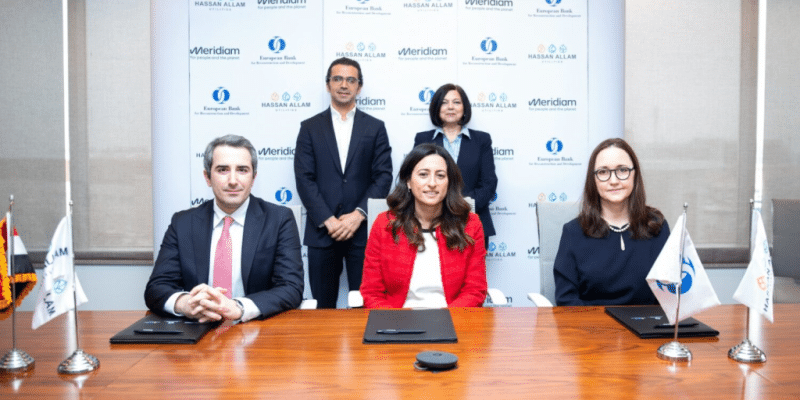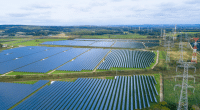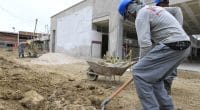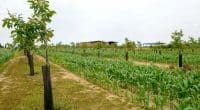Egypt is increasingly attracting investment in green infrastructure. The European Bank for Reconstruction and Development (EBRD) is joining forces with French company Meridiam and Egypt's Hassan Allam Utilities (HAU) to set up a platform for investment in energy, food security and water.
Egypt (along with South Africa) is one of the African countries attracting the most investment in the energy transition. Over the coming months, the land of the pharaohs is set to benefit from investments from the new HAU Energy BV platform launched by Egyptian flagship Hassan Allam Utilities (HAU), French investment company Meridiam and the European Bank for Reconstruction and Development (EBRD).
The aim of this collaboration is “to invest in renewable energy projects, mainly in Egypt and potentially in other African countries”, says HAU. These investments will be made as part of the Nexus Water, Food and Energy (NWFE) initiative, whose energy pillar is led by the EBRD, following its launch at COP27 in Sharm el-Sheikh in 2022. The London-based bank is already one of the most active financial institutions in Egypt, with investments in the energy sector.
Supporting the energy transition
The EBRD is one of the backers of the Kom Ombo solar park, which reached financial close almost a year ago. Built by Saudi Arabian independent power producer (IPP) Acwa Power, the facility will feed 200 MWp into Egypt’s national electricity grid. For Nandita Parshad, the EBRD’s Director General for Sustainable Infrastructure, “the strategic investment” in HAU Energy “should facilitate the implementation of the 10 GW renewable energy programme as part of the Egyptian energy pillar of the NWFE initiative”.
Read also- Sustainable development: Egypt raises $478 million on the Panda bond market
The establishment of the new investment platform should also encourage private sector participation in electricity generation. According to Hassan Allam, it will also “facilitate the government’s decarbonisation plans by accelerating the deployment of renewable energy projects and contribute to Egypt’s green energy transition”. According to the German platform Statista, Egypt has an installed electricity capacity of 58.8 GW, 55% of which is generated by combined-cycle gas power plants.
By 2021, renewable energies, including hydroelectricity, will account for less than 10%. However, Egypt is continuing its energy transition, with large wind farms being built at breakneck speed in the Gulf of Suez. A few weeks ago, Emirati IPP Amea Power completed the installation of the first wind turbine in a 500 MW wind farm in the wind-rich town of Ras Ghareb.
Jean Marie Takouleu






